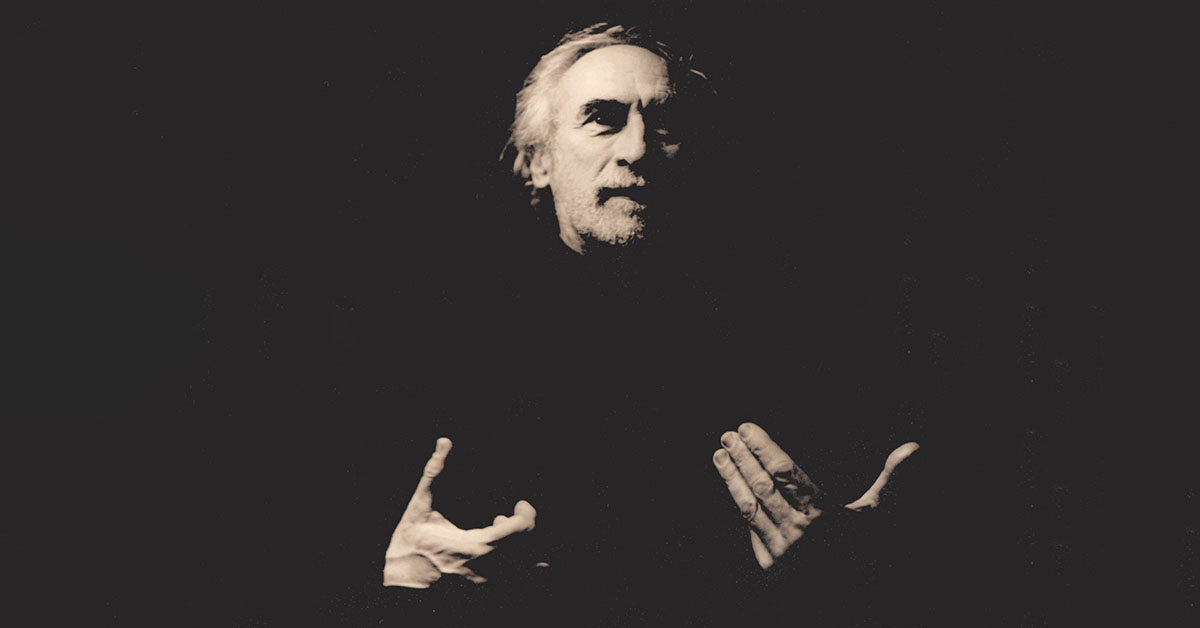Composer and pianist Frederic Rzewski, whom music critic Mark Swed once called "the greatest pianist-composer of our time," has died at the age of 83. Emerging in the 1960s with the improv collective Music Elettronica Viva, the expatriate American composer spent his entire career apart from what he described as the “elitist contemporary music establishment,” and established his own unique compositional style in which improvisation and composition are inextricably linked. In 2002, Nonesuch Records released Rzewski Plays Rzewski: Piano Works 1975-1999, a seven-disc, 25-year retrospective of his piano-based work with new recordings performed by the composer.
Composer and pianist Frederic Rzewski has died at the age of 83. Rzewski, whom the Los Angeles Times music critic Mark Swed once called "the greatest pianist-composer of our time," died at his summer home in Montiano, Italy, on Saturday.
Emerging in the 1960s with the improv collective Music Elettronica Viva, the expatriate American composer spent his entire career apart from what he described as the “elitist contemporary music establishment,” and established his own unique compositional style in which improvisation and composition are inextricably linked.
He was a student of Charles Mackey in the 1950s; at Harvard and Princeton he met valued kindred spirits such as Christian Wolff and David Behrman. Moving to Rome with a Fullbright Scholarship in 1960, he found his unique voice, felt freed from academia, and he settled there to create his own brand of provocative music. Rzewski moved to Brussels, where he was Professor of Composition at the Conservatoire Royal de Musique in Liège, Belgium, from 1977 until his death.
In 2002, Nonesuch Records celebrated Rzewski’s distinctive body of work with the release of a seven-disc, 25-year retrospective of the composer’s piano-based work, Rzewski Plays Rzewski: Piano Works 1975-1999. The collection feature all new recordings performed by the composer of such classic works as The People United Will Never Be Defeated! and De Profundis, a dramatic work incorporating the Oscar Wilde letter to Lord Alfred Douglas, spoken by the pianist. Also included are Mayn Yingele, inspired by the verse of Morris Rosenfeld, poet of the New York sweatshops; the Piano Sonata, with variations on “L’Homme Armé”; the Fantasia; and four of eight parts of The Road, a seven-hour work he has been assembling since 1995, conceptualized as being “like an epic Russian novel in the tradition of Tolstoy or Dostoyevsky.”
- Log in to post comments



